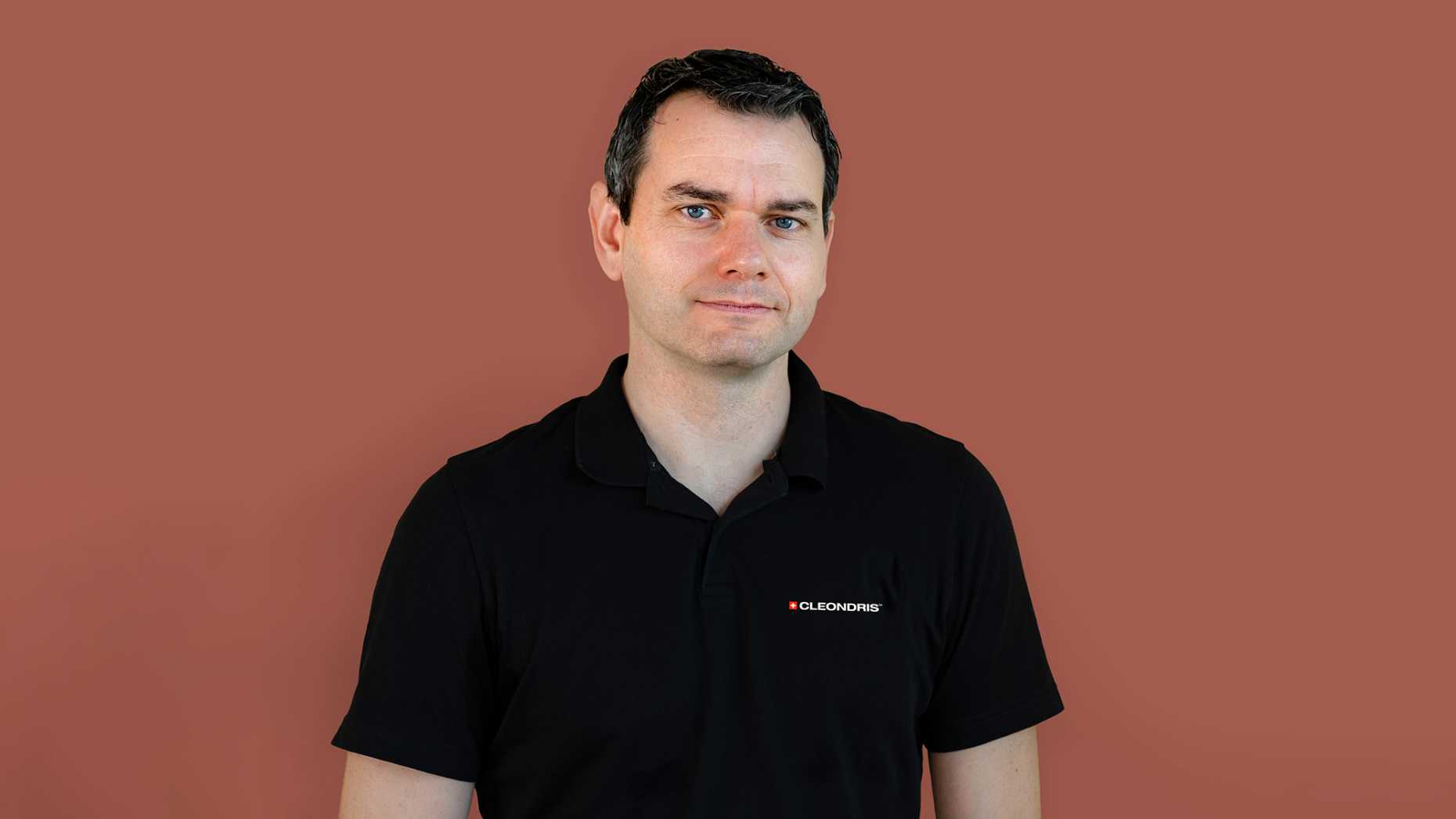Christian Plattner: “I wrote my Matura paper on polymorphic computer viruses”
Christian Plattner completed his diploma in computer science at ETH Zurich in 2002. Already a coder while at secondary school, he worked in industry while studying at ETH and founded his own company while still a doctoral student.

Christian Plattner, why did you decide to study computer science at ETH Zurich?
As a teenager, I was already active on bulletin boards and in the demoscene, programming 1k intros in Assembler. It was an interesting time, since only a few people had access to the internet back then. We communicated over FidoNet and bulletin board systems. One of the co-admins of our BBS dialled in to Switzerland from Argentina every day for free, using a “blue box”. In 1995, I wrote my Matura paper on polymorphic computer viruses. From there, studying computer science at ETH wasn’t far off.
What was your favourite lecture?
Professor Jürg Gutknecht’s lectures were interesting. His unorthodox choices of clothing used to be the talk of the day among us students. We also learned a lot from Professor Niklaus Wirth, although he could be very strict. Once, I ate a sandwich in the lecture hall during a break and he reprimanded the whole class at the beginning of the second half of the lecture, which was, to put it mildly, embarrassing. Nevertheless, I was very proud when, some time later, I worked with Professor Gutknecht’s doctoral students to program a driver for Wirth’s Oberon system and got to exchange a few words with him.
Which other moments from your studies do you remember most?
My parents made it clear to me at the beginning of my studies that “Hotel Mama” was over. By chance, I landed a job interview at Cablecom, where I worked for the rest of my studies. That was great! The CIO at the time, Marco Quinter, gave me a lot of freedom, and I was able to get to know the IT division of a large company in all its facets. I also completed my industrial internship there. I still remember how I had to get the authorisation for it from the student advisor Michael Baumer, who is a Zurich city councillor today. And finally, my thesis was also unusual.
In what way?
I was able to write it with my colleague Reto Baumann at the security company Open Systems. This was not common at the time, but Open Systems had good relations with ETH, and so we were able to work intensively on honeypots for three months. That was in 2001, when cybersecurity was still a niche.
Despite your early work experience, you opted for a doctorate before going into the industry. How did that come about?
At Cablecom, we had a lot of data in PostgreSQL databases. The scaling of these systems was challenging. The only solution was upscaling: using ever more expensive hardware. When I saw that Professor Gustavo Alonso was working on database replication (Postgres-R), I spontaneously contacted him and he offered me a doctoral position. His group had exclusive access to the Xibalba cluster that contained almost 200 servers. There, I could play around and test the replication solution. Teaching students in the legendary SysProg lecture was also very instructive. As an alumnus, I still get invited to the Systems Group Christmas dinner every year – and I’m amazed to see how it has grown.
What did you do after your doctorate?
With Professor Alonso’s permission, I founded my own company during my doctorate. We’ve been working with enterprise customers for 15 years now, and the doctoral degree from ETH has opened many doors and has generally been a great help. The computer science programme at ETH Zurich enjoys a great reputation.
What do you wish the Department of Computer Science for its 40th birthday?
Although I never would have wished for this as a student, I hope that D-INFK continues to offer a high-quality, rigorous curriculum where you have to work hard for every success. There is a reason why computer science graduates from ETH Zurich are in high demand around the globe.
40 years D-INFK
In 1981, the computer science curriculum was introduced at ETH Zurich. At the same time, the IIIC division was established, which was the foundation for today's Department of Computer Science. On the occasion of its 40th anniversary, we present alumnae and alumni who have carried their knowledge and skills from ETH Zurich into the outside world over the past four decades.